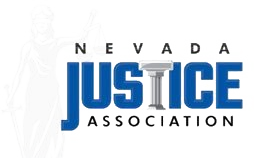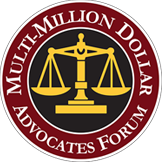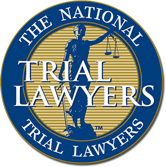- June 11 2025
- | Car Accidents
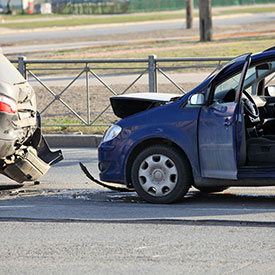
If you’ve been injured in a car accident in Reno, determining who is responsible—and ultimately, who pays—can be a complex and stressful process. Between mounting medical bills, lost wages, and emotional distress, the last thing you want is uncertainty about your legal rights and financial recovery. Understanding Nevada’s car accident liability rules can help you make more informed decisions and protect yourself from being unfairly blamed or denied compensation.
Nevada Is an At-Fault Insurance State
Nevada follows an “at-fault” or “tort” insurance system. That means the person who causes a car accident is financially responsible for the resulting damages. After a crash, the injured party has the right to pursue compensation in one of three ways:
- File a claim with the at-fault driver’s insurance company
- File a claim with their own insurance company (who may then pursue subrogation against the at-fault driver’s insurer)
- File a personal injury lawsuit directly against the at-fault driver
This structure puts the responsibility squarely on the driver who caused the accident, and it also opens the door to legal action if their insurance company refuses to provide fair compensation. Unfortunately, insurers often try to reduce their payouts by shifting blame or downplaying the severity of injuries.
Because Nevada does not follow a “no-fault” system like some other states, being able to clearly establish liability is critical. That’s where legal representation and a thorough investigation can make a big difference.
Understanding Modified Comparative Negligence in Nevada
One of the most important rules in Nevada car accident cases is the concept of modified comparative negligence. This legal principle allows multiple parties to share fault for an accident, and still potentially recover compensation, depending on the degree of fault.
If you are partially to blame for the crash, you are not automatically barred from recovering damages. However, your compensation will be reduced by the percentage of fault assigned to you.
For example:
- Let’s say your total damages are $100,000.
- The court determines that you were 25% at fault for the accident.
- Your compensation would be reduced by 25%, meaning you could recover $75,000.
Nevada’s law follows a 51% bar rule, which means you must be less than 51% at fault to receive compensation. If you are found to be 51% or more at fault, you are not eligible to recover any damages from the other party.
This is a crucial distinction that often becomes a point of contention in car accident cases. Insurance companies may try to increase your share of fault to avoid paying a fair settlement, or any settlement at all. That’s why clear evidence, such as police reports, eyewitness testimony, and expert accident reconstruction, can be essential.
How Liability Is Determined After a Car Accident
Liability is typically based on negligence, which means failing to exercise reasonable care. In the context of driving, that can include:
- Speeding
- Running a red light or stop sign
- Driving under the influence
- Failing to yield
- Distracted driving
- Tailgating
In Nevada, drivers owe a duty of care to others on the road. When someone breaches that duty and causes harm, they can be held liable.
However, determining liability isn’t always black and white. Sometimes, more than one driver may have contributed to the crash. For instance, one driver may have been speeding while the other was texting. In such cases, both drivers may share a percentage of the blame.
Police reports and witness statements are often the starting point in determining fault, but they aren’t the final word. Insurance companies conduct their own investigations, and their conclusions may not always align with the facts. In more complex cases, a legal team may bring in accident reconstruction experts or medical professionals to support your version of events.
Common Scenarios Where Liability Gets Complicated
Some car accidents present more complex questions of liability. Here are a few examples:
Multi-Vehicle Accidents
In pile-ups or chain-reaction crashes, it can be difficult to pinpoint the original cause. Liability may be spread among several drivers, and insurers may point fingers to avoid responsibility.
Rear-End Collisions
While the driver who rear-ends another vehicle is typically at fault, there are exceptions. If the lead car suddenly slammed on the brakes without reason or had faulty brake lights, liability could be shared.
Left-Turn Accidents
In many cases, the driver making a left turn is considered at fault. But if the oncoming vehicle was speeding or ran a red light, the turning driver might not bear full responsibility.
Pedestrian or Cyclist Involvement
When a car hits a pedestrian or cyclist, drivers are often presumed to be at fault. However, if the pedestrian was jaywalking or crossing against a signal, they could be assigned partial blame under Nevada’s modified comparative negligence rule.
Why Legal Help Matters in Liability Disputes
When you’re dealing with a serious injury and an uncooperative insurance company, it’s easy to feel overwhelmed. Insurance adjusters may seem friendly, but they are not on your side. Their goal is to minimize the insurer’s liability, not to ensure you are fairly compensated.
A knowledgeable attorney can:
- Investigate the accident thoroughly
- Gather evidence to support your claim
- Challenge unfair fault determinations
- Negotiate with insurance companies
- Represent you in court if necessary
Even if your injuries seem straightforward, assigning fault is rarely simple. Having someone on your side who understands Nevada’s unique laws and the insurance industry’s tactics can make all the difference.
When You’re Ready to Take the Next Step
If you’ve been hurt in a car accident in Reno or anywhere in Nevada and are struggling to get the compensation you deserve, an experienced car accident attorney can help. The legal system is complex, and insurance companies often use that to their advantage. But experienced legal professionals are ready to help.
Leverty & Associates Law has a long-standing track record of success in helping accident victims and insurance policyholders protect their rights. With over 100 years of combined experience and over $150 million recovered for clients, our legal team is committed to offering compassionate, knowledgeable legal representation. Whether you’re dealing with a personal injury or an insurance bad faith issue, we understand the stakes and are ready to fight for what’s right.
Contact us today at (775) 322-6636 or through our online form for a free case consultation.


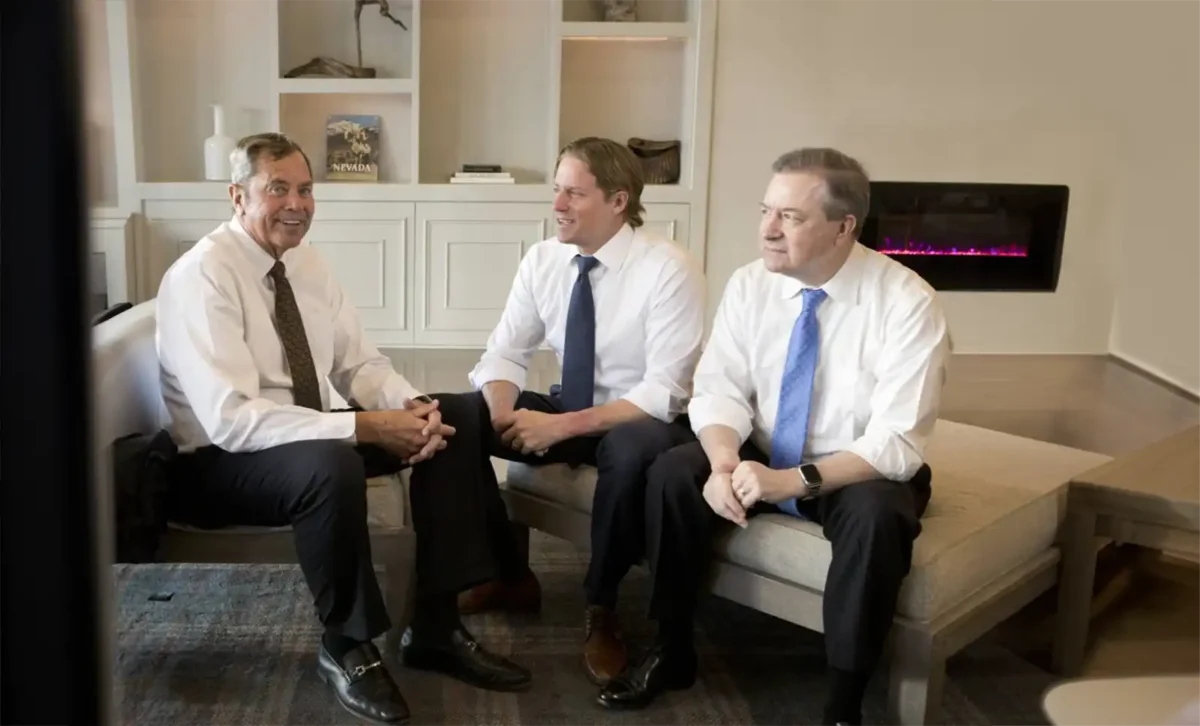
 With his master’s in insurance law, Patrick routinely helps individuals and businesses who are having issues with their insurance company. He also has extensive experience with personal injury actions, complex tort actions, product liability matters, and class actions. Patrick Leverty is rated AV by Martindale Hubbell (the highest rating) and has been granted membership in the Million Dollar Advocate Forum, and Multi-Million Dollar Advocate Forum. Patrick Leverty has been certified as a Personal Injury Specialist by the State Bar of Nevada. [
With his master’s in insurance law, Patrick routinely helps individuals and businesses who are having issues with their insurance company. He also has extensive experience with personal injury actions, complex tort actions, product liability matters, and class actions. Patrick Leverty is rated AV by Martindale Hubbell (the highest rating) and has been granted membership in the Million Dollar Advocate Forum, and Multi-Million Dollar Advocate Forum. Patrick Leverty has been certified as a Personal Injury Specialist by the State Bar of Nevada. [ 